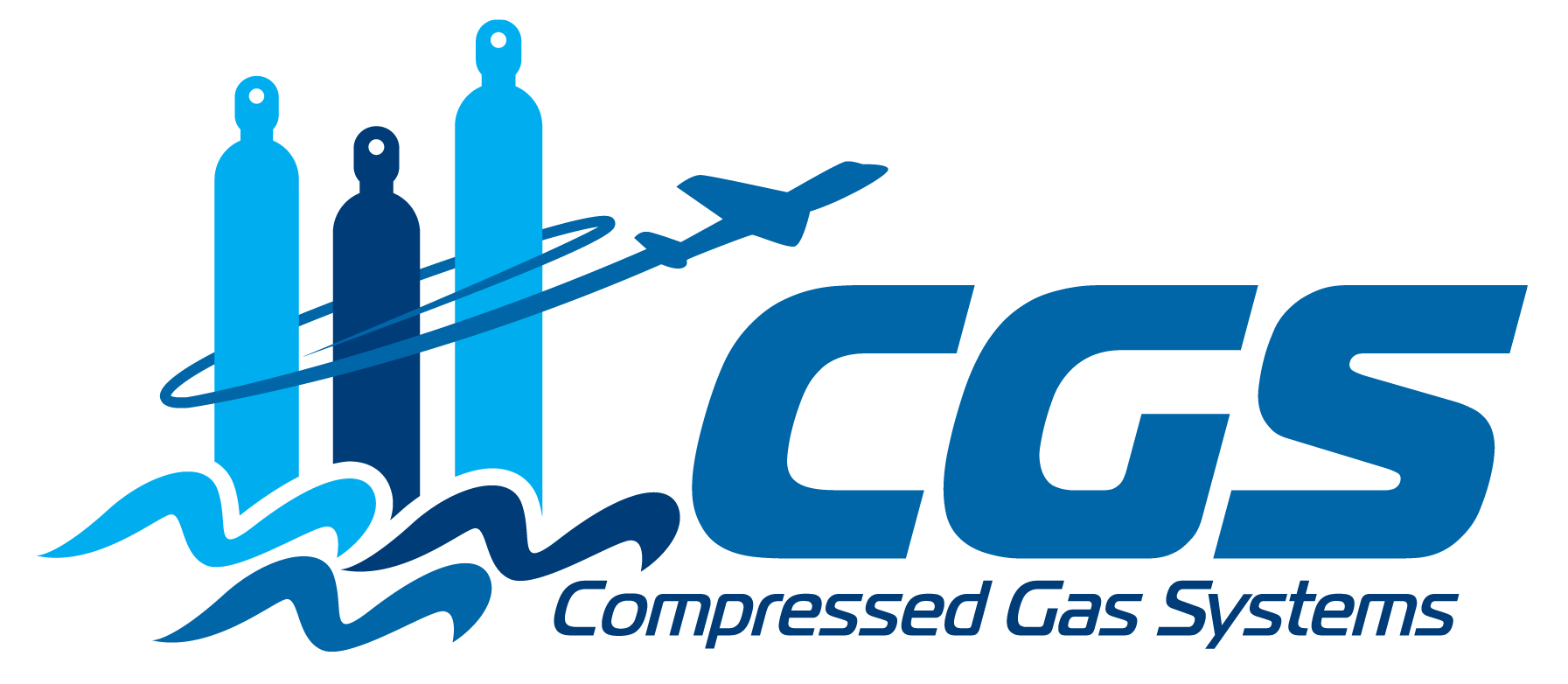ARSA Pushes For U.S. MRO Provider Relief Package
The association that represents U.S. aviation repair stations has asked the Trump administration and Congress for $11 billion to help offset an anticipated slowdown in aftermarket work as airlines ground aircraft and wait out the COVID-19 coronavirus crisis.
In a Mar. 17 letter to the White House and senior lawmakers on Capitol Hill, the Aeronautical Repair Station Association (ARSA) proposed “at least” $8 billion in grants and $3 billion in loans or loan guarantees for FAA-certificated maintenance providers.
The total amount would permit the 4,000-plus FAA shops to pay their employees for nine months, which is when ARSA assumes the disruptions will end. ARSA’s calculations account for an average hourly wage of $38 for the 194,000 technicians that staff repair stations.
“Maintaining the repair station workforce will... prevent large industry job losses that would put additional pressure on existing government benefit programs (e.g., unemployment insurance),” ARSA EVP Christian Klein wrote. “Finally, our industry has long been suffering from a severe and well-documented technician shortage and maintaining a highly trained workforce is critical to ensuring the long-term stability of the entire U.S. aviation sector.”
ARSA has also asked for aircraft operators to receive a tax credit equal to 50% of all work contracted to and performed by U.S. shops between Apr. 1 and Dec. 31. The incentive would motivate airlines and other operators to keep using contracted facilities during the downturn.
“Like their business aviation and airline customers, ARSA’s members are concerned about the travel disruption’s impact,” Klein wrote. “While the full effects on employees and businesses will not be known for some time, we are already hearing that aviation maintenance work is being canceled and customers may be unable to pay bills.”
ARSA’s request comes as other industry sectors are pleading for similar help. The U.S. airlines are asking for nearly $60 billion in financial relief, while U.S. airports have made a pitch for $10 billion. Globally, airlines could need $200 billion, IATA’s latest projections show.
While the business ramifications of COVID-19 are unclear, the MRO sector is expected to join airlines and airports as among the most-affected businesses. Analysts are projecting at least a 20% year-over-year decline in MRO business in 2020. Airlines will need less support since fleets are grounded and are not likely to use the downtime for shop visits or other scheduled work because of their need to conserve cash.

